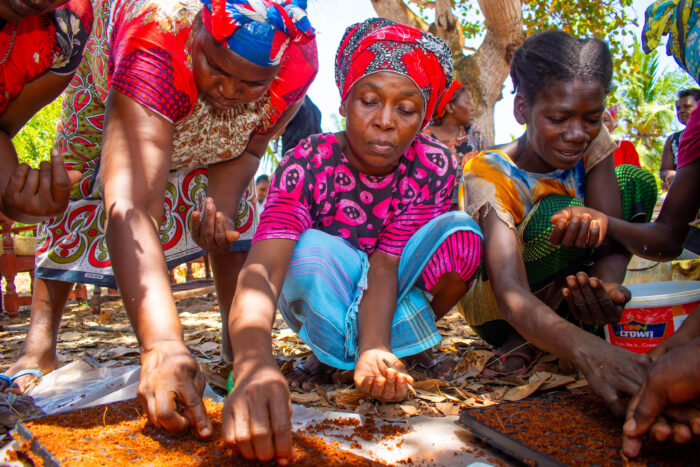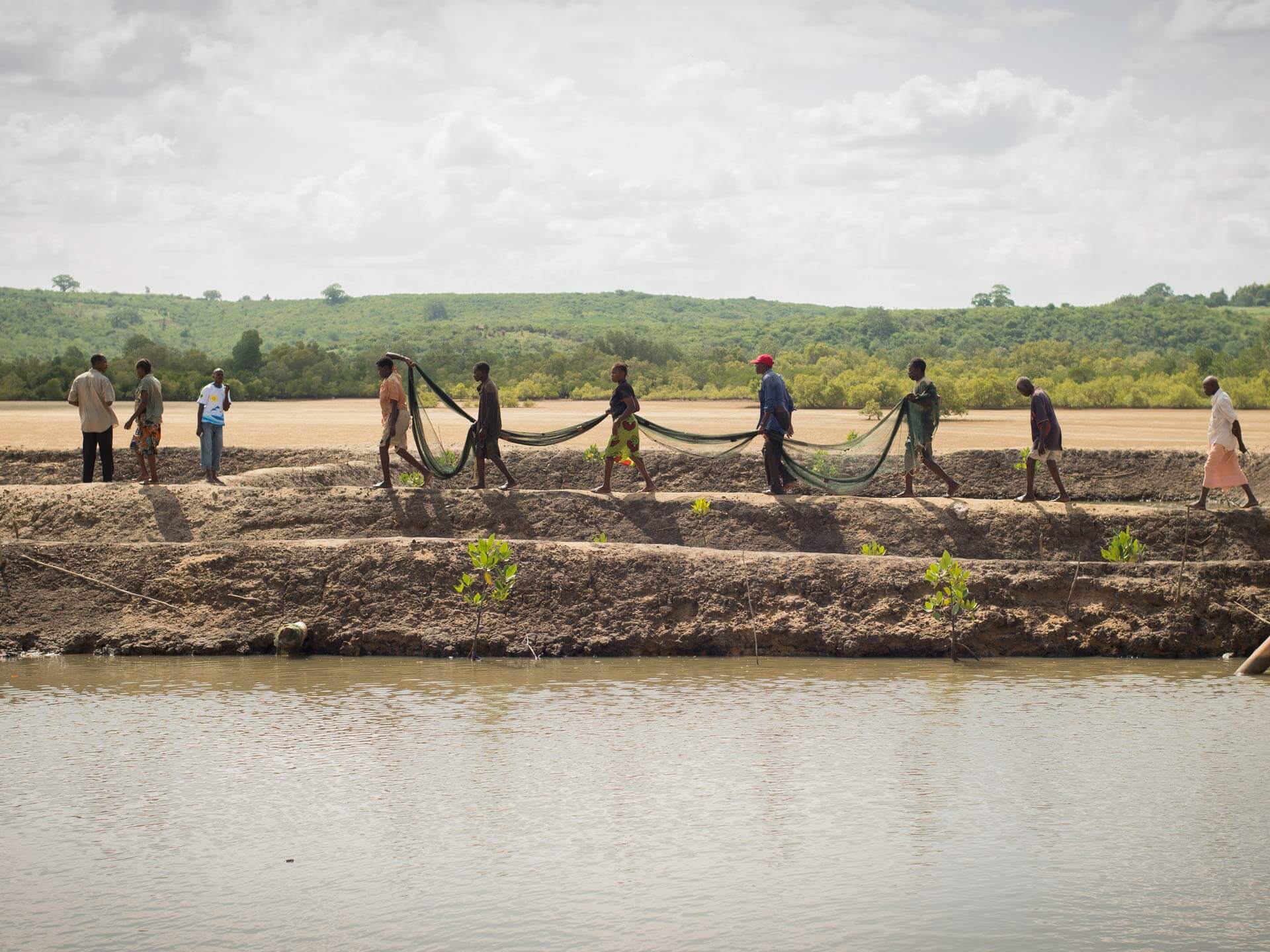Kenya
To this day, Kenya is committed to small business and livelihood development, promoting agriculture and food security, as well as conservation and the rational use of natural resources. During our time in Kenya so far, we have contributed to slowing down deforestation, reducing the risk posed by soil erosion or seasonal flooding. Together with the local people, we have restored forest and water resources, reduced daily wood consumption by using fuel-efficient stoves, alternative livelihoods such as sheep and goat farming and bee-keeping.
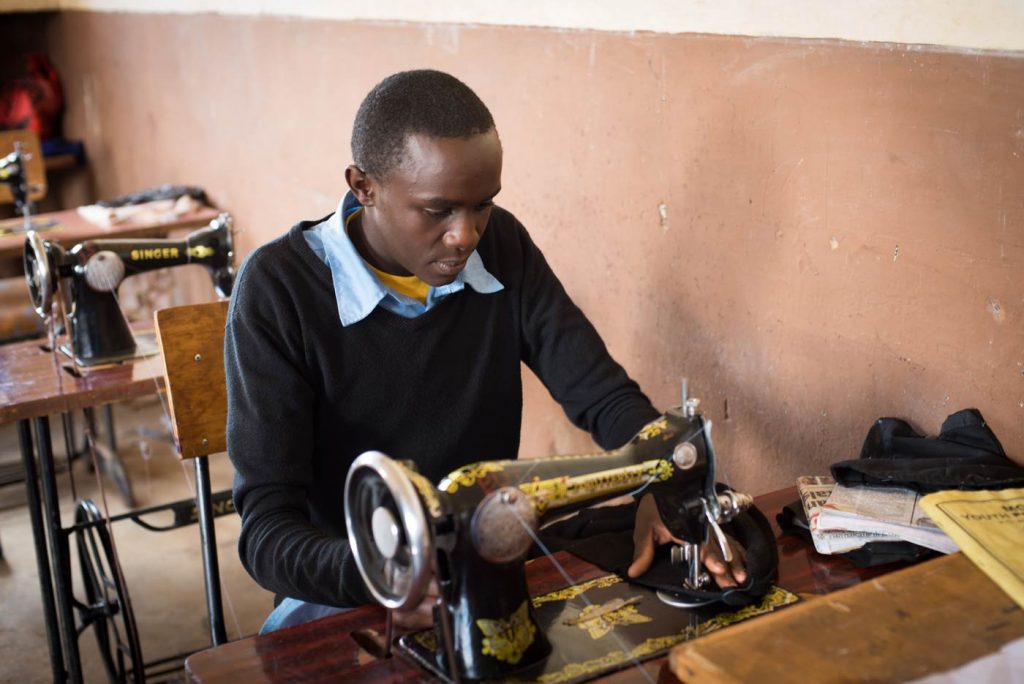
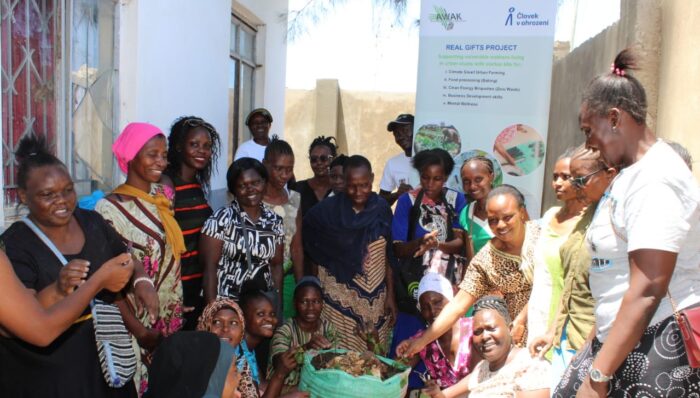
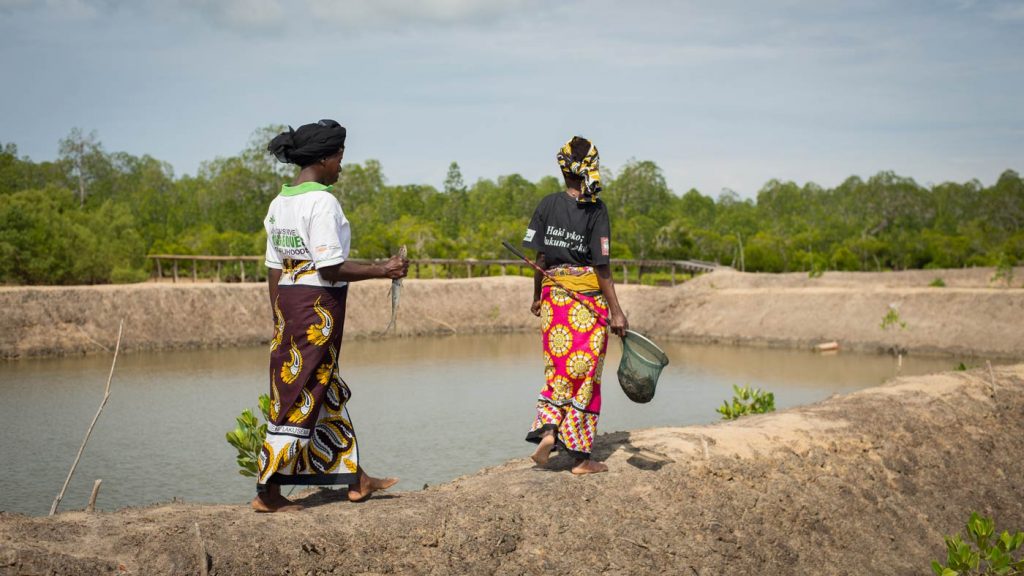
Thanks to Real Gift donors, we were able to distribute up to 215 goats to families in Kilifi County.
People in the communities are able to provide livelihoods for their community members through goat rearing, and they realize that the benefits of a live and healthy goat are long term. With proper breeding, the goat herd will grow with more kids and more and more community members will have access to milk and later additional income from selling the goats in the market. They will then be able to use the money saved to provide for other needs, such as education. We have therefore organised training for families on how best to care for their goat so that it can bring the most benefit.



Thanks to funding from Real Gift, we have created a farm in Kenya with a capacity of 200 hens. In addition to raising chickens, the farm also served as a training center in pet care and livelihoods. Initial support to the women farmers included materials to build chicken coops, animal feed and veterinary care. The chicken farm also created good conditions for further involvement of smallholder farmers, enabling them to take their products directly to the market and increase their own income.

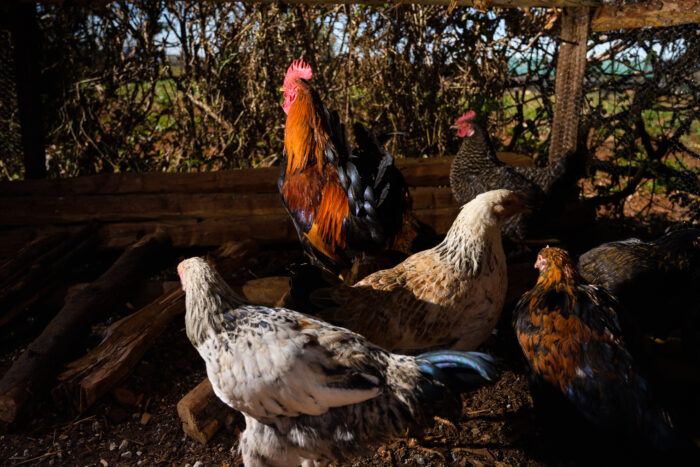

People in Peril supports the development of beekeeping because the honey collected is a healthy addition to the diet and a major source of income for local people. Bees also help the surrounding nature as pollinators and protection. Mida Bay is part of a UNESCO Biosphere Reserve with valuable mangrove forests that we need to protect. As part of our activities, we have provided 237 people with hives, trapping boxes and tools to collect honey. In addition, we provided 137 people with training to acquire beekeeping skills.
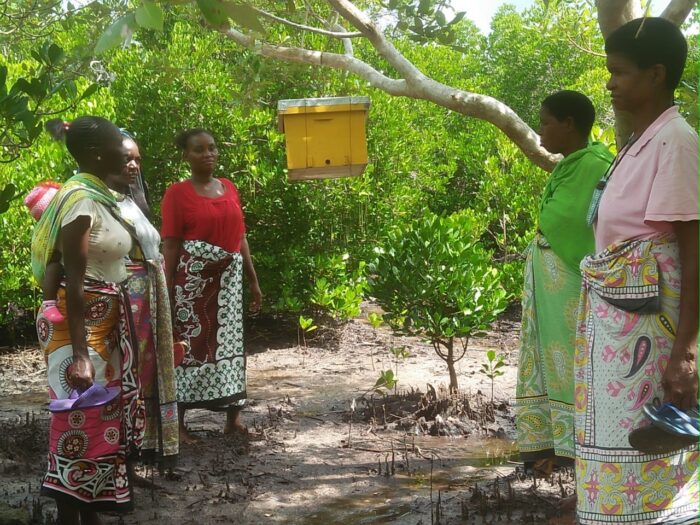


Our current Greenhouse project, which we are implementing in Kilifi County, Kenya, is having a positive impact on a group of approximately 300 people. As the participants say, greenhouses are not just buildings, they are lifelines that allow them to put nutritious food on the table and save money for their children’s school fees.
